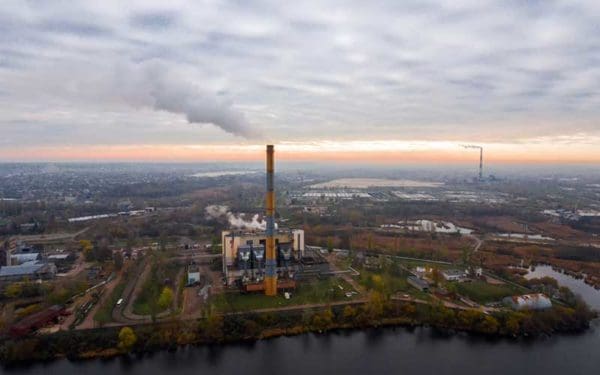Big Gas’s Latest Ploy: “Renewable Natural Gas”
“Renewable natural gas” is not a large-scale climate solution. It’s a shameless attempt by the fossil fuel industry to convince New Englanders to pay for more polluting pipelines.
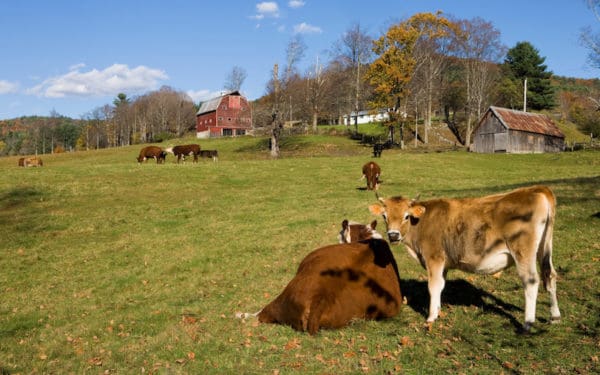
“Renewable natural gas” is not a large-scale climate solution. It’s a shameless attempt by the fossil fuel industry to convince New Englanders to pay for more polluting pipelines.

Recycling is confusing, but it doesn’t have to be. By holding Big Corporations responsible for the flood of single-use packaging they create, we can incentivize them to redesign their products and containers to be truly recyclable, or better yet, reusable.
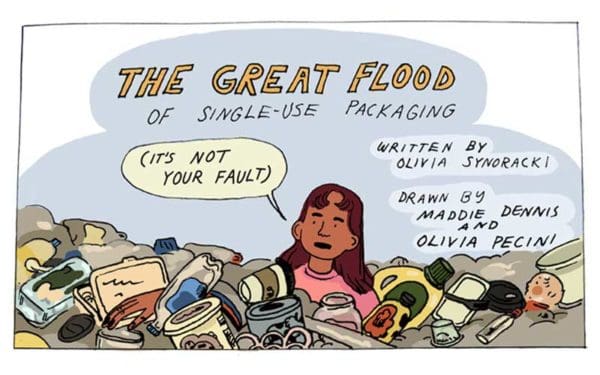
Burning and burying our trash leads to carbon pollution. We need to phase out these old, polluting incinerators and landfills and replace them with zero-waste alternatives. By doing so, we can help lower climate-damaging emissions and protect our communities and the environment.
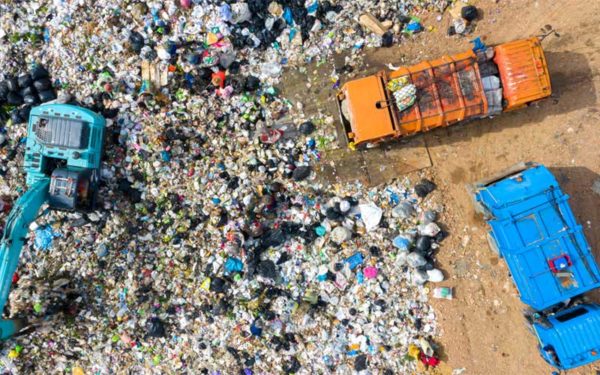
We don’t have good systems for dealing with our waste other than throwing a mix of toxic junk into our garbage cans. But we could. The truth is, it’s not a question of whether we should bury or burn our waste. What we should be asking is this: how do we produce less trash?
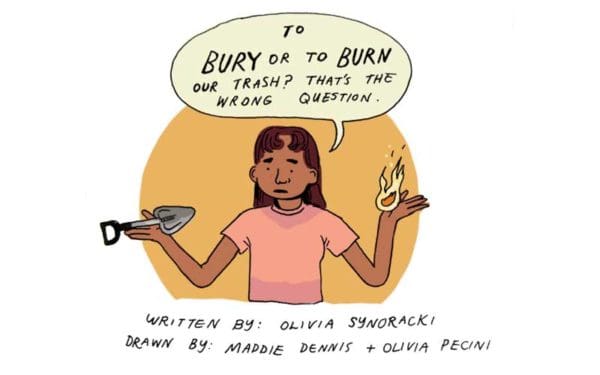
Jackie Mercurio is carrying on her mother’s fight against a toxic waste incinerator.

Making any life change takes time, and the same goes for slashing your trash – including what goes in your recycling bin. That’s why we’ve put together this list of tips to help you get started.

Food and yard waste hurt our economy and environment. But home composting can help! Get your backyard compost started using these handy guidelines.
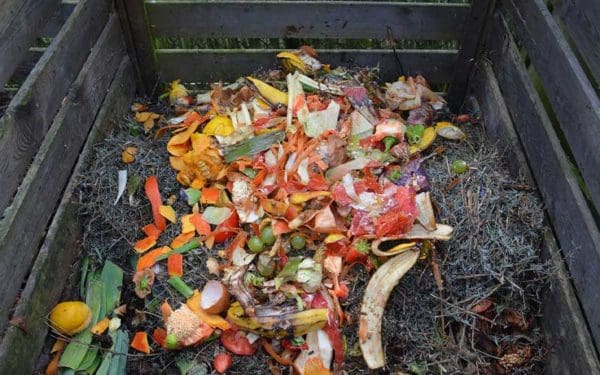
One of the best ways to slash your trash is to reuse or repurpose what you already have, rather than buying something new. Check out this infographic and see how you can give these five items new life.
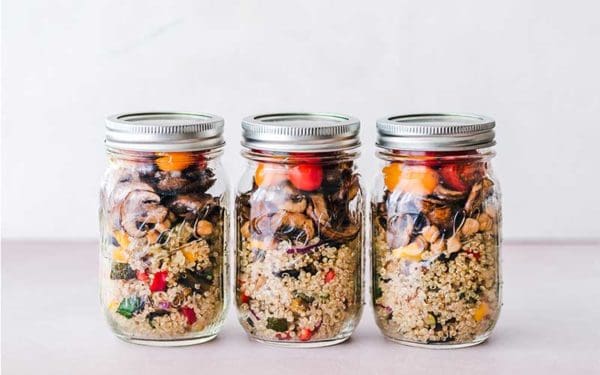
For too long we’ve relied on outdated and polluting systems to deal with our trash. What we need are new, sustainable systems that aim to reduce the trash in our lives, while protecting our people and our planet. And we can make that happen right now.
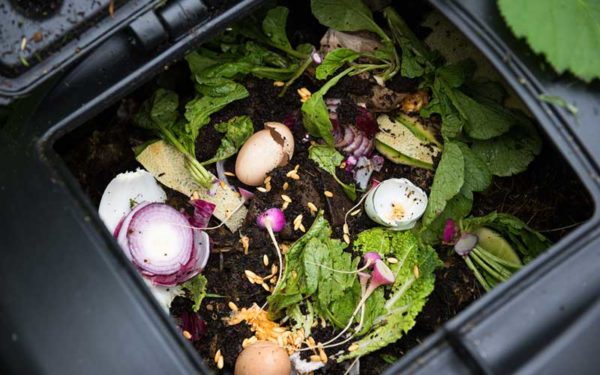
Communities across New England deal with the crude repercussions of local incinerators every day. As long we allow these facilities to operate, they will continue to poison our planet and our people.
